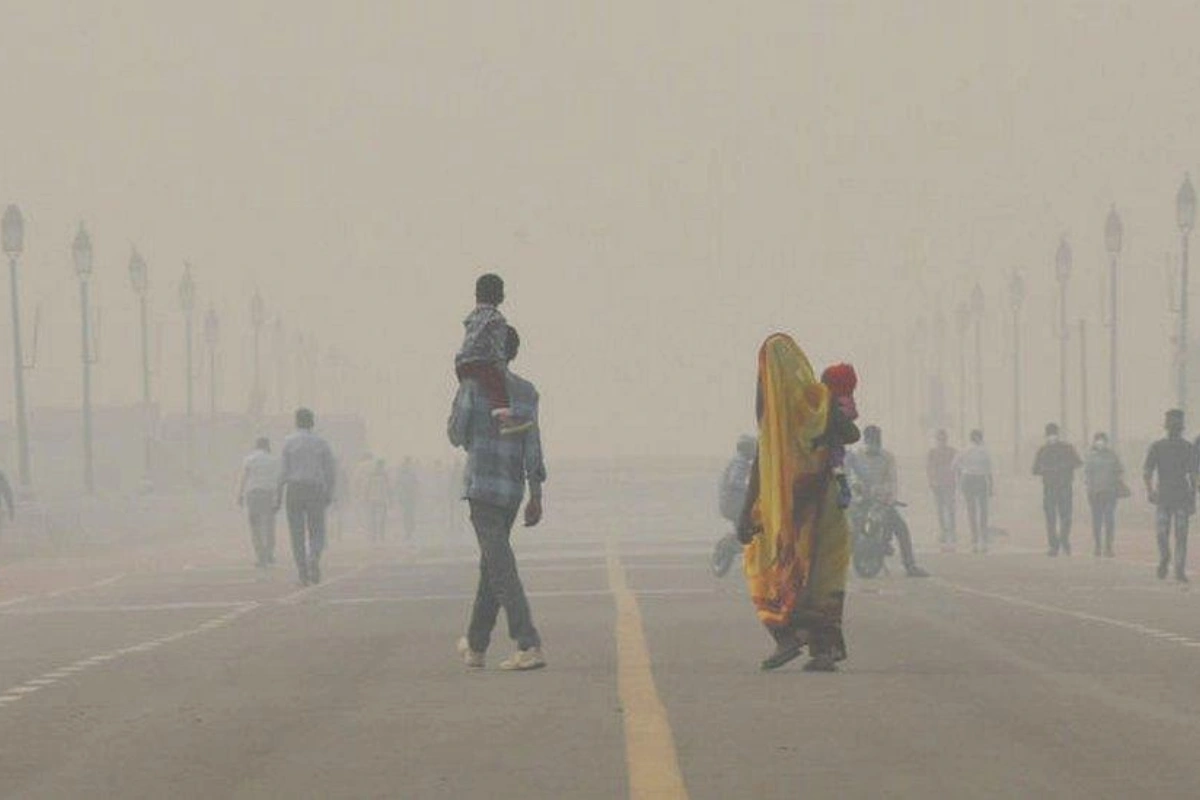Delhi AQI:If you live in Delhi, you’ve probably noticed it already: the dull orange haze, the smell of smoke in the mornings, and the constant irritation in your throat. The city’s air quality has slipped into the “very poor” category for the fourth straight day, with the Air Quality Index (AQI) hovering around 320–340, according to the Central Pollution Control Board (CPCB).
That number isn’t just another statistic. It means the air you breathe carries fine particulate matter, PM2.5 and PM10, at concentrations more than five times higher than safe limits set by the World Health Organisation (WHO).
DON'T MISS
What Happens to Your Body in “Very Poor” Air
The effects of such pollution aren’t instant, but they’re steady and insidious. You might not feel it after an hour outdoors, but your lungs certainly do. Doctors at AIIMS and Safdarjung Hospital warn that prolonged exposure to an AQI above 300 can:
- Trigger asthma attacks, coughing, and wheezing
- Worsen bronchitis or other respiratory illnesses
- Lead to eye irritation, throat dryness, and headaches
- Reduce oxygen absorption, straining your heart
- Over time, there is an increased risk of chronic lung disease or cardiovascular problems
What You Can Do to Protect Yourself
It’s unrealistic to stop breathing, but you can breathe a little smarter:
- Avoid early mornings and late evenings outdoors. Pollution levels are usually worst during these hours.
- Wear an N95 mask when stepping outside; surgical or cloth masks don’t block fine PM2.5 particles.
- Rinse your eyes and face frequently and use saline nasal sprays to clear out pollutants.
- Keep windows shut when the AQI crosses 300. If you have an air purifier, run it at medium speed continuously.
Experts expect a marginal improvement if wind speed picks up over the next few days, but until then, Delhi’s air will remain in the “very poor” bracket. Authorities are already monitoring construction bans, industrial emissions, and school restrictions if conditions worsen further.
For now, Delhiites must brace themselves for another smog-laden season. Masks, air purifiers, and extra caution aren’t luxuries anymore; they’re survival essentials.
Because when the air outside is this toxic, protecting your lungs isn’t just a precaution, it’s self-defence.
